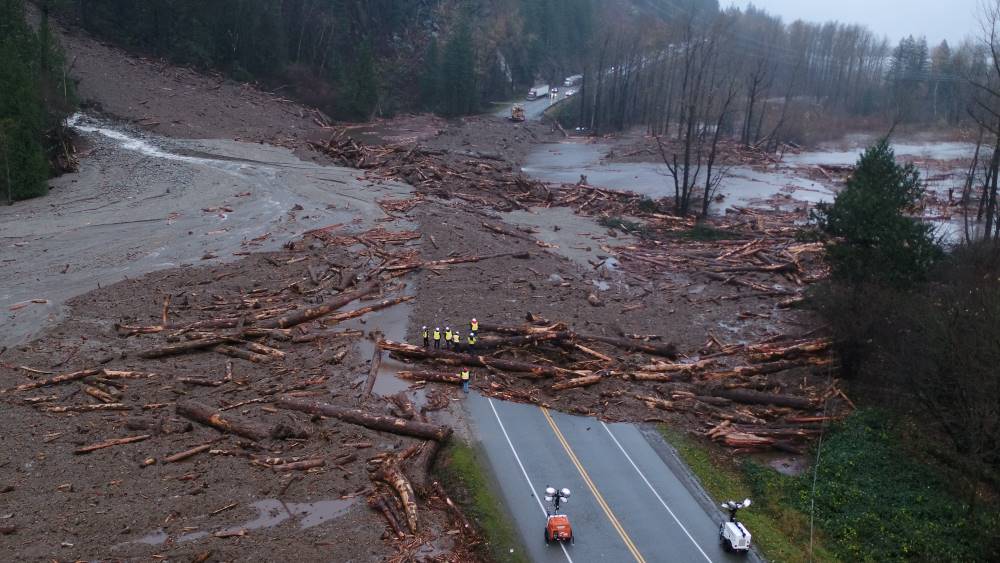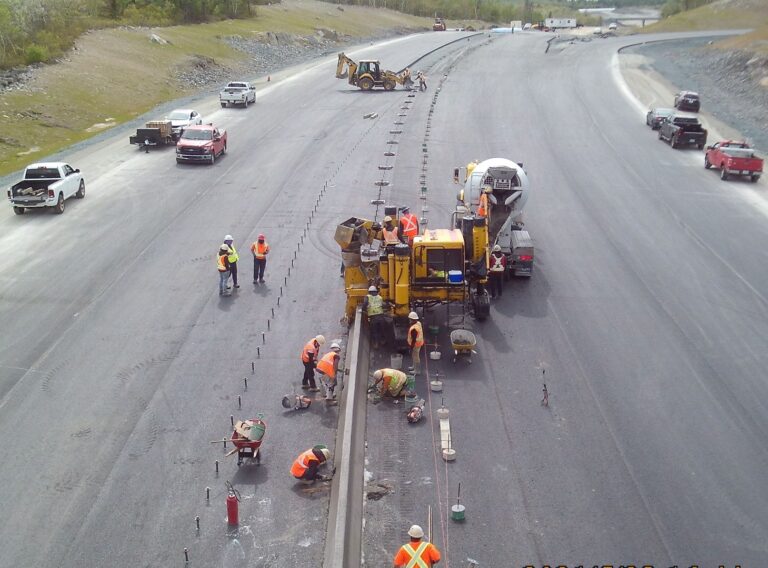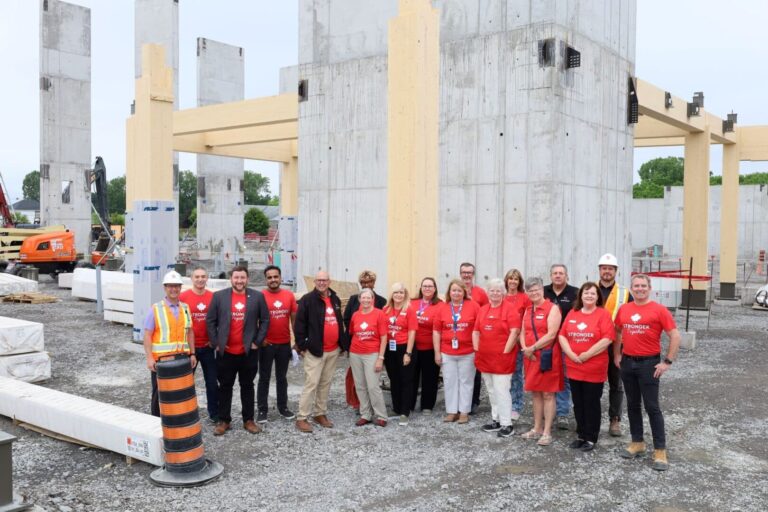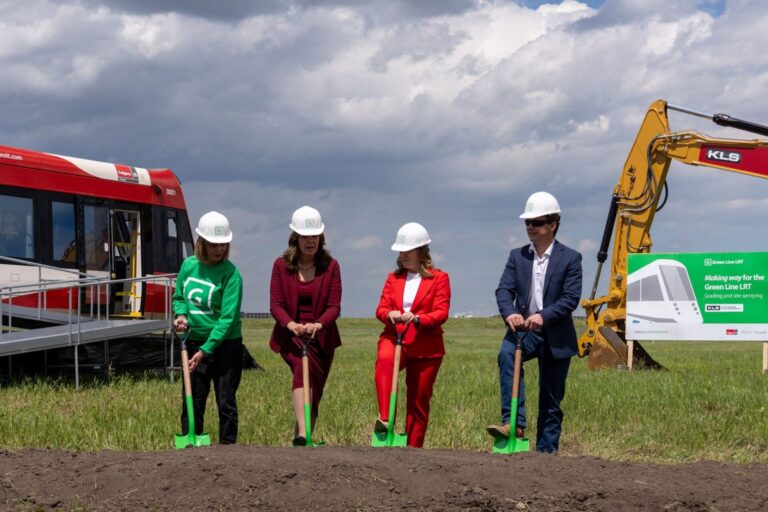The Government of Canada announced funding of $46.7 million for two important climate resilience initiatives; the Climate Resilient Built Environment initiative and the Standards to Support Resilience in Infrastructure Program.
The Climate Resilient Built Environment (CRBE) initiative, funded by Infrastructure Canada and led by the National Research Council of Canada, will provide the knowledge to adapt our public infrastructure where necessary, inform changes to building and infrastructure codes, and create guides, standards, tools, and technical solutions for climate resilience. With funding of $35 million over five years, the initiative will highlight the importance of resilience through collaboration across the construction sector, from design and decision-making to construction, operation, maintenance and retrofit.
“Communities across Canada have felt the impacts of climate change over the last number of years. As we continue to take bold action to reduce our emissions and protect nature, we must support key research that guides mitigation and adaptation efforts to ensure that new and existing infrastructure can better withstand extreme weather events,” said Dominic LeBlanc, Minister of Intergovernmental Affairs, Infrastructure and Communities.
The Standards to Support Resilience in Infrastructure Program (SSRIP), led by the Standards Council of Canada, will receive new funding of $11.7 million over five years, to deliver standards and related guidance that address priority areas such as heat, flooding and permafrost degradation in the North. The program is working with communities and beneficiaries to ensure these standardization projects promote a consistent approach to climate change adaptation, enhance resilience, and support informed decision making for infrastructure and buildings across Canada.
“Without change, we will continue to see increased threats to life and property,” said Chantal Guay, CEO, Standards Council of Canada. “Climate-adapted standards for infrastructure and buildings can help by codifying key principles and best practices to ensure that communities in Canada will be safer and healthier as we move forward.”
These initiatives will help improve resilience to climate change by informing future design, retrofits, and upgrades to buildings and infrastructure. The tools and technical knowledge developed will help communities make climate-informed decisions, and will reduce costs related to construction, operation, and repair. This will ensure that both new and existing structures continue to support the health, safety and prosperity of Canadians.
“The National Research Council of Canada is pleased to once again work with collaborators across the sector on the research and development that will be needed to adapt Canada’s critical infrastructure to a changing climate,” said Iain Stewart, President, National Research Council of Canada. “We look forward to continuing our work with construction experts across Canada to provide the knowledge and tools needed to improve and advance the resiliency of Canada’s infrastructure and communities.”
Featured image: B.C.’s Highway 7 at Ruby Creek after flooding in November, 2021. (B.C. Ministry of Transportation and Infrastructure)











